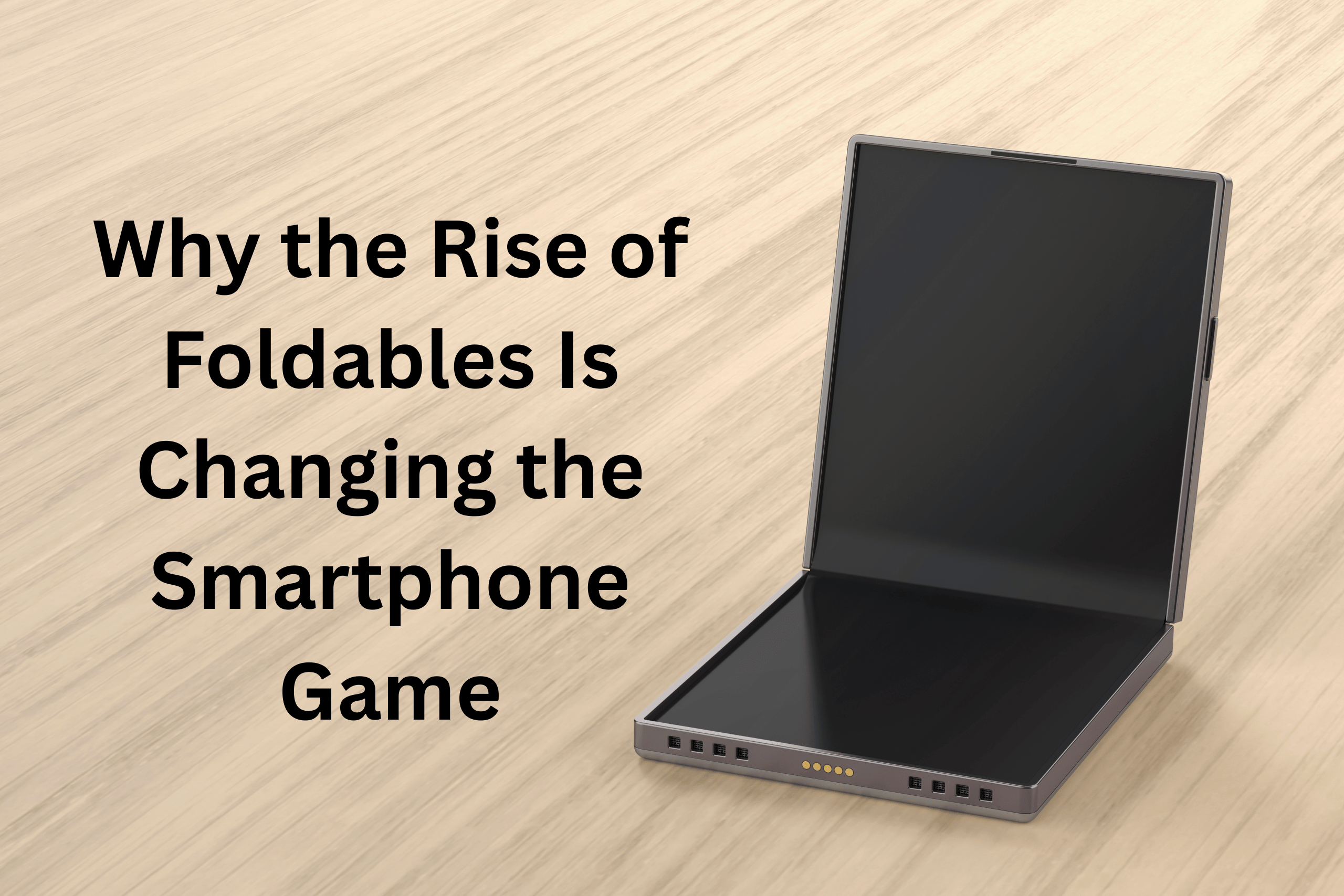
Foldable smartphones have moved from curious prototypes to market-ready flagships, and in 2025 the momentum is clear. Devices like the Samsung Galaxy S25 Edge — just 5.8 mm thin and built of titanium with a 200 MP camera — highlight how foldable and flexible-design phones are becoming mature.
What’s driving the shift?
- Improved hinge and display durability mean fewer compromises (less worry about creases or fragility).
- Premium cameras and performance rival traditional flagships, so buyers don’t feel they’re trading off capabilities. For example, the S25 Edge features Snapdragon 8 Elite and a 6.7-inch 120 Hz display.
- Consumers are willing to pay more for novelty and utility — new form-factors add perceived value.
What this means for users and the market:
- Expect options beyond the ultra-expensive tier: as foldables scale, prices will drop and more models will appear in the mid-range.
- App and OS support will improve for foldable screens (multi-window, continuity between folded/unfolded states).
- Accessories and repair ecosystems must adapt: replacement displays, hinges, and durability become key.
- If you’re buying a phone in 2025 and beyond, foldable options are now viable, not just experimental.
Things to watch / Consider:
- Battery life and weight: folding devices still often weigh more or use packaging design that keeps battery capacity constrained.
- Long-term durability: hinge mechanisms and folding displays face wear that flat phones don’t.
- Software optimization: apps must fully support the different screen states to avoid poor experience.
Bottom line:
In 2025 foldable smartphones are moving from novelty to mainstream option. If you’re in the market for a new phone, it’s worth considering the benefits of a device that changes shape, and the ecosystem is rapidly catching up.
Read more tech related articles here.






Leave a Reply